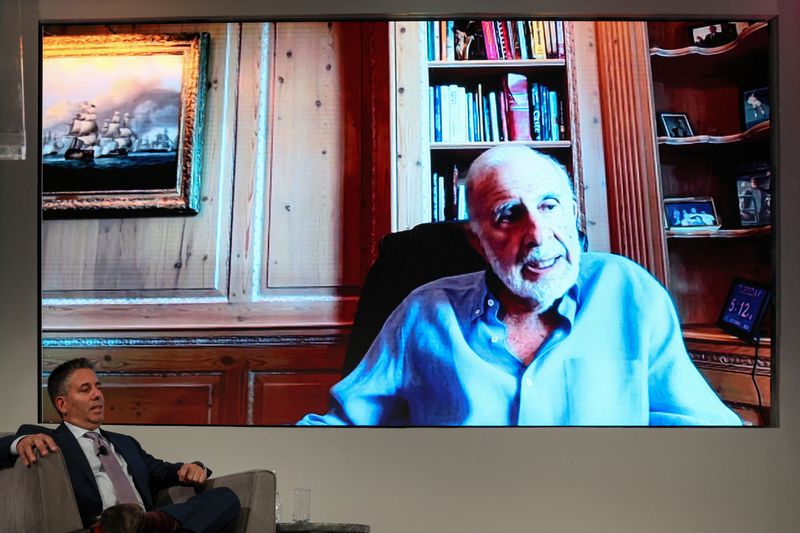Icahn Enterprises LP (IEP), led by billionaire activist investor Carl Icahn, is reportedly making moves to increase its investment in U.S. oil refiner CVR Energy. According to a recent Wall Street Journal article, the firm is planning to raise its ownership stake in CVR from about 66% to over 81%. This significant increase is set to be achieved by purchasing an additional 15 million shares of the company. The proposed acquisition comes at a time when Icahn seeks to reward existing shareholders by providing them with an opportunity to cash out at a premium price, as cited in draft statements prepared by Icahn and his firm.
Icahn Enterprises’ plans to expand its stake in CVR Energy are noteworthy, given that the refiner has been a long-standing investment for Icahn. CVR Energy operates two refineries: the Coffeyville refinery in Kansas, which has a processing capacity of 115,000 barrels per day (bpd), and the Wynnewood facility in Oklahoma, with a capacity of 75,000 bpd. By consolidating its ownership, Icahn aims to bolster control over the refiners in a strategic move designed to enhance the profitability and operational efficiencies within the organization.
To finance this purchase and other anticipated transactions, Icahn has indicated a need to reduce his firm’s dividend payouts for the second time. This decision follows previous financial pressures, notably stemming from the short-seller Hindenburg Research’s actions aimed at shorting IEP’s bonds over the past year. The cut in dividends could reflect the necessity for IEP to reserve cash for critical investments, ensuring that the company can maintain the liquidity necessary to support its strategic initiatives in a challenging market environment.
The ongoing situation with Hindenburg Research exemplifies the volatility and scrutiny that many publicly traded firms face, especially those with significant leveraging or ambitious acquisition strategies. Icahn’s decision to raise his stake in CVR seems to counteract some of the market’s skepticism regarding IEP’s financial health. It is often the case that activist investors like Icahn are met with intense pressures from various stakeholders when challenging short-seller activity, which can influence stock prices and market confidence.
Furthermore, Carl Icahn’s role as a strong and influential figure in the investment landscape means that his actions are scrutinized and often followed closely by market analysts, investors, and media. A strategic increase in CVR’s stake not only solidifies Icahn’s commitment to the oil refining sector but potentially positions his firm more favorably as energy markets fluctuate. The anticipated premium offered to existing stockholders may also stir interest and could lead to a more favorable market reaction, reflecting growing investor confidence in the long-term value of CVR Energy.
In conclusion, Icahn Enterprises LP’s plans to increase its investment in CVR Energy signify both a strategic realignment within the company and a bid to exert greater control over its refining operations. This bold move, while necessitating a reduction in dividends, highlights Icahn’s continued commitment to capitalizing on emerging opportunities within the oil sector. As the transaction progresses, market stakeholders will be keenly observing the implications for both IEP and CVR, as they navigate the complexities of energy markets and corporate governance in a rapidly evolving economic landscape.

